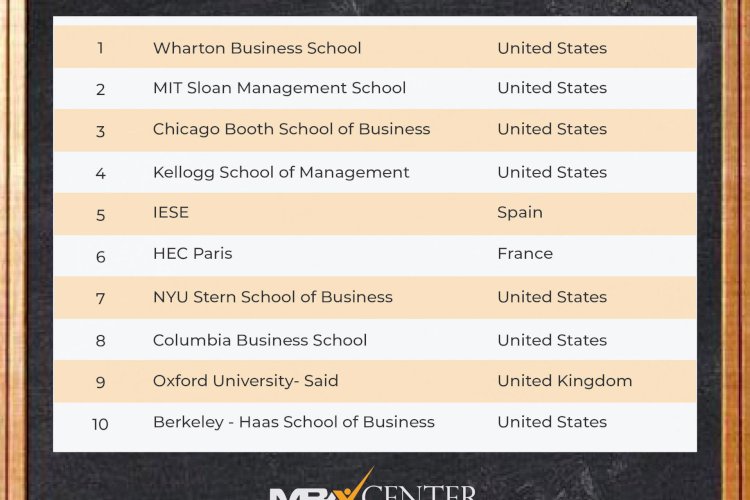
Why should someone who already holds high positions in the company get additional business education? Let’s get into the details.
Statistics
There are more than 200 educational institutions in the world that offer Executive MBA training. The total number of graduates has already exceeded 200 thousand. Approximately 75% of business schools and universities that teach EMBA are located in the United States.
Europe, where the first Executive MBA programs appeared about 20 years ago, has already caught up with America in terms of teaching quality. Today, many ambitious managers who want to expand their career horizons choose to study in the UK, France, Spain, Switzerland, and other countries of the world.
Why is it worth it?
The fact that the Executive MBA degree gives serious advantages is an undeniable fact. Let’s see how managers can become even more successful managers after training.
Intensive development of applied managerial thinking:
In EMBA programs, the emphasis lies in the practice, and the specifics of the organization of the educational process allows students to immediately apply the skills they receive in their work. Due to the richness of the course, students learn new management strategies in a short time.
The creation of useful business and personal connections:
During the training, students manage to acquire valuable contacts in the business environment. This becomes especially valuable if the group is international. In this case, EMBA gives you the opportunity to carry your business to the international arena.
Exchange of experience:
Study groups vary in composition, but strict selection guarantees a high professional level of all students. Communication with experienced managers-practitioners from different areas will help you rise above the routine and look at your business in a new way.
The development of leadership skills:
Students of the program not only learn how to effectively manage a team, but also increase their self-confidence.
Career Development
The Executive MBA programs are being pursued by established senior managers, owners and the CEOs of companies, and the issue of employment for them is not as relevant as for students of the traditional MBA programs. Nevertheless, gaining a diploma, and most importantly, the practical skills that education provides, are highly valuable assets in the world of labor market. For an EMBA graduate, this is a good chance to reach top positions in a more prestigious company at home or abroad.
On the other hand, for some students, career growth matters. For example, the head of a Department after receiving a diploma has the prospect of moving to the position of a top Manager or General Director. Statistics confirm the importance of promotion in the career ladder for a certain part of the audience. Among graduates of the Executive MBA programs in 2016, 48% believe that training provides great advantages for career growth.
46% of Executive MBA graduates believe that new connections will definitely help them in business and in life.
The average salary and bonus package for graduates rose from a start of $155, 848 to $181,965. In addition, 53% of graduates received new responsibilities and 38 percent received promotions during their time in the program. 46% of Executive MBA graduates believe that new connections will definitely help them in business and in life.
Changes in salaries after Executive MBA training at various business schools are reflected in the ratings. Statistics for different schools vary, but the average wage increase is at least 50%. For example, the Financial Times Executive MBA ranking (latest data for 2014) shows the following results :
| EMBA Program | Average salary growth of the graduates (%) |
| Tsinghua University/ INSEAD | 65 |
| University of Pennsylvania: Wharton | 60 |
| EMBA-Global: Columbia/ LBS | 71 |
| UCLA: Anderson/ National University of Singapore | 78 |
 MBA Center Global
MBA Center Global 
























